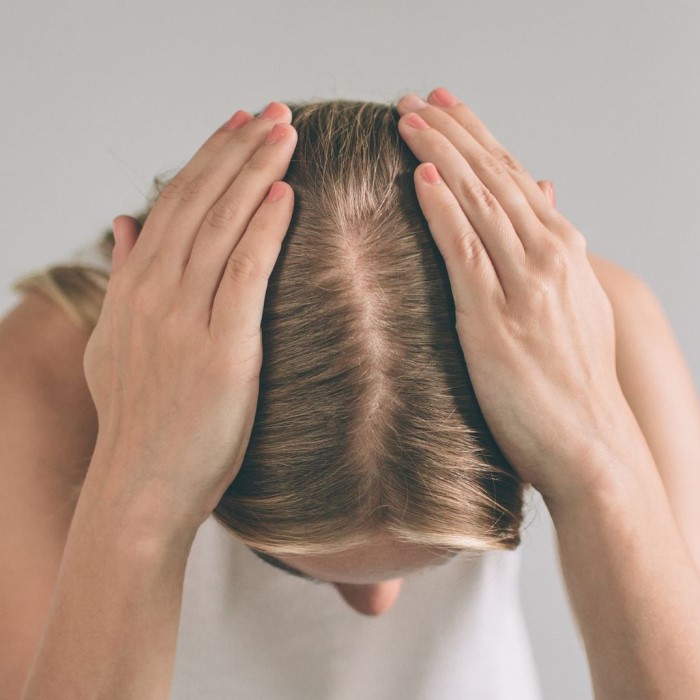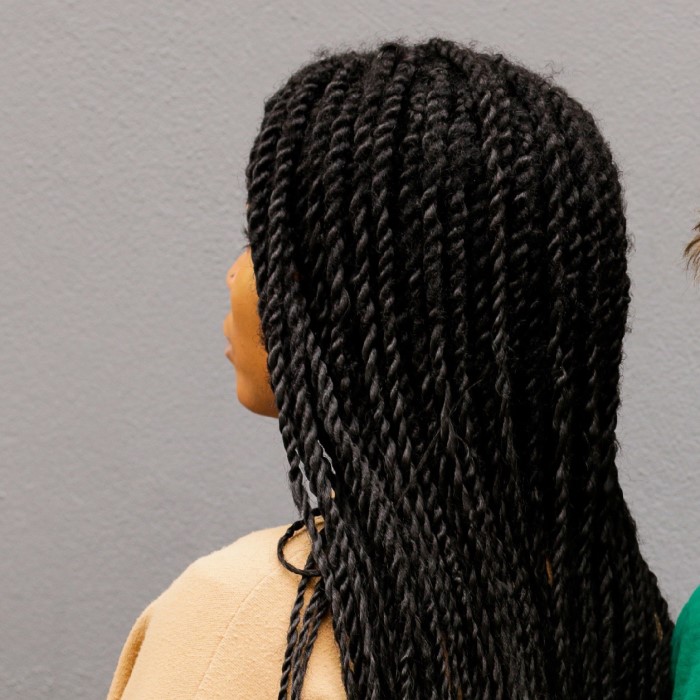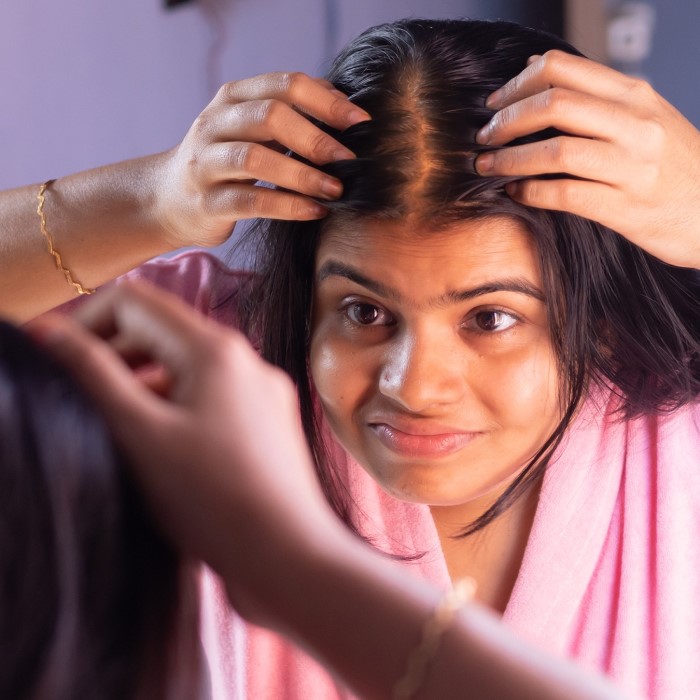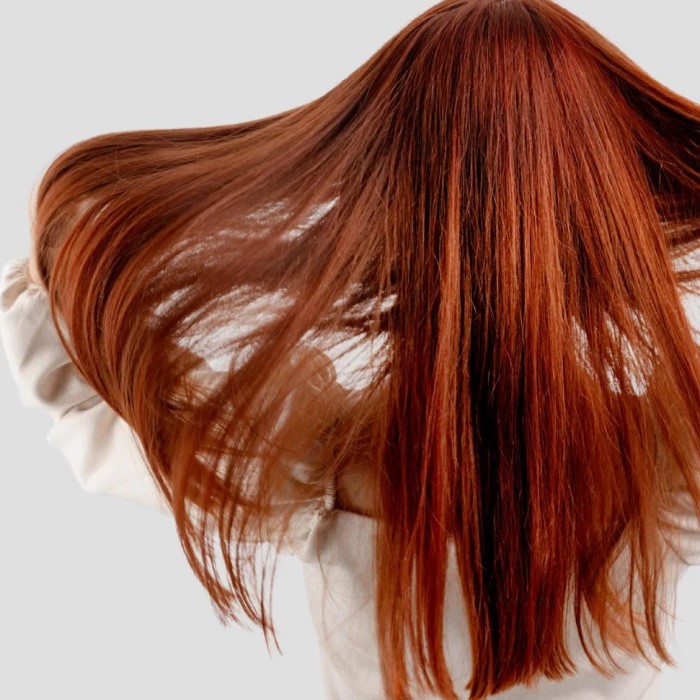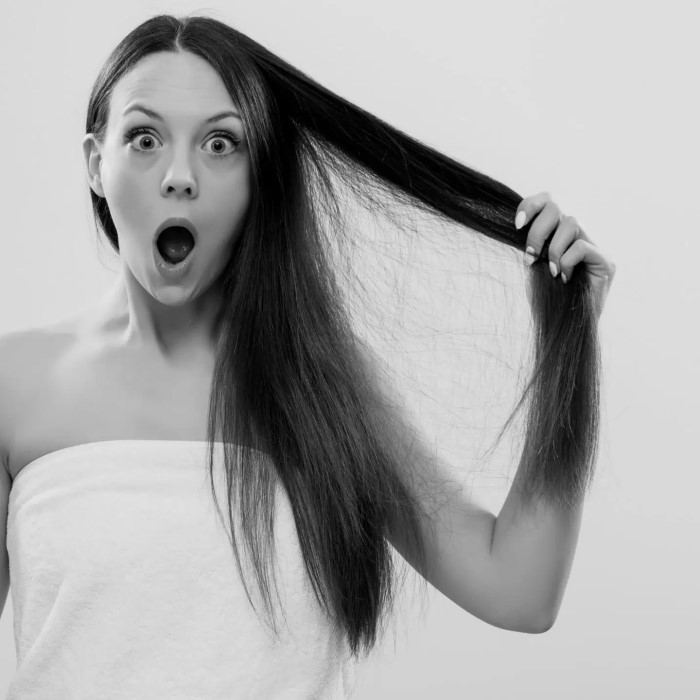
Exploring: Can Birth Control Cause Hair Loss in Women?
Many women around the world rely on birth control pills for effective pregnancy prevention. Birth control comes in various forms, including pills, patches, injections, and IUDs. While these contraceptives provide several advantages, they can also lead to a range of side effects, one of which has garnered significant attention: hair loss. Thus, the pressing question arises—can birth control cause hair loss?
In this article, we will explore the relationship between hormonal contraceptives and hair loss. We will also discuss the underlying mechanisms, medical insights, and personal stories that can help clarify the situation for those affected. Armed with knowledge, women can make informed choices regarding their contraceptive options and hair health.
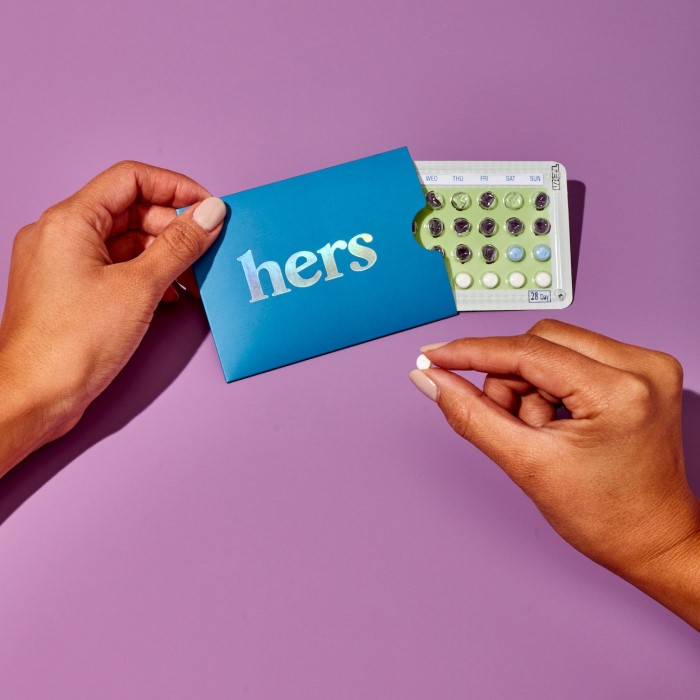
Understanding How Birth Control Works
To fully grasp whether birth control can cause hair loss, it’s essential first to understand how hormonal contraceptives function. Most birth control pills contain synthetic hormones, specifically estrogen and progestin. These hormones work together to regulate a woman’s menstrual cycle, ovulation, and overall reproductive health.
The mechanism behind these hormones is straightforward. When taken correctly, hormonal birth control blocks ovulation, thickens cervical mucus, and thins the uterine lining. These actions help prevent pregnancy effectively. However, as with any medication, hormonal changes can trigger various physiological responses, one possible effect being hair loss.
The hormonal fluctuations caused by birth control pills can disrupt the hair growth cycle, leading to conditions such as telogen effluvium, where hair prematurely enters the shedding phase of the growth cycle. It is crucial to note, however, that not all women will experience this side effect. Individual body chemistry and genetic predisposition play significant roles.
Why Some Women Experience Hair Loss with Birth Control
Hair loss triggered by birth control can be perplexing for many. In some women, the synthetic hormones in birth control can lead to hair thinning or increased shedding. It is essential to identify the factors that contribute to this phenomenon.
Numerous studies indicate that women with a genetic predisposition to hair loss, such as those with a family history of conditions like androgenetic alopecia, may find that birth control exacerbates their hair thinning. Similarly, women who have existing hormonal imbalances may experience intensified symptoms when they start using hormonal contraceptives.
It should also be noted that some women may experience relief from hair loss while using certain types of birth control. Some hormonal contraceptives can lead to improved hair health by stabilizing hormone levels. Thus, the effects of birth control on hair loss largely depend on the individual, the specific contraceptive method used, and existing health conditions.
Types of Birth Control and Their Impact on Hair Health
Can birth control cause hair loss? Birth control comes in various forms, and the type you choose can potentially influence your experience with hair loss. Understanding the differences is crucial for making informed decisions.
Combination Pills
- Composition: Combination pills contain a mix of two hormones: estrogen and progestin. This dual-action approach designe to regulate the menstrual cycle and prevent ovulation.
- Impact on Hair Health: Some women who use combination pills report positive effects on their hair, stating that their hair appears thicker and healthier. This may be attributed to how these hormones influence the hair growth cycle.
- Variability in Response: However, not all users have the same experience. Some women may notice hair thinning after starting combination pills, particularly if they have a genetic predisposition to hair loss. This disparity in experiences suggests that individual body chemistry plays a significant role in how these pills affect hair health.
Progestin-Only Pills
- Commonly Known as “Mini-Pills”: Progestin-only pills, or mini-pills, are a type of hormonal contraceptive that contains only progestin, with no estrogen.
- Targeted Use: These pills are often recommended for women who cannot take estrogen for health reasons or those who are breastfeeding.
- Potential for Hair Thinning: Some research indicates that progestin-only pills have the potential to lead to hair thinning or loss, especially in women who are genetically predisposed to hair loss. This effect is not universal, but it is a concern for some users.
Hormonal IUDs
- Local Hormone Release: Hormonal Intrauterine Devices (IUDs) release progestin directly into the uterus. This localized approach minimizes systemic hormone exposure compared to oral contraceptives.
- Current Research: Although the use of hormonal IUDs for contraception is well-established, their effect on hair health remains a subject of ongoing research.
- Anecdotal Evidence: Many women have reported varying experiences with hormonal IUDs in relation to hair health. Some state they have experienced no adverse effects, while others might notice changes, including hair thinning. More extensive studies are needed to understand the full implications.
Implants and Injections
- Hormonal Delivery Methods: Both implants and injections serve as methods for delivering hormones into the body to prevent pregnancy. Implants are small rods placed under the skin, while injections are administered at regular intervals.
- Hormonal Influence: These methods release hormones like progestin, which can influence various bodily functions, including hair growth and health.
- Individual Responses: As with other forms of hormonal birth control, the impact on hair health can vary by individual. Some women may experience changes such as hair thinning, while others might find that their hair remains unaffected or even improves. Individual reactions highlight the importance of consulting with healthcare professionals regarding contraceptive options and their potential side effects.
Tailoring your birth control choice to your specific health needs and potential side effects is essential before making a decision.
Exploring the Evidence: Do Birth Control Pills Cause Hair Loss?
Can birth control cause hair loss? While personal anecdotes abound, the scientific community continues to research the link between birth control and hair loss. Some studies have established a potential correlation, while others have found little to no evidence supporting the claim that birth control pills universally cause hair loss.
The variance in findings largely stems from individual responses. Some women may experience hair thinning after starting hormonal birth control, especially if they have a pre-existing tendency towards hair loss. Others may witness hair regrowth after switching to a different contraceptive method.
Overall, scientific literature supports the notion that while hair loss can occur, it does not affect every user. Regular consultations with healthcare providers allow women to assess their individual risks more accurately.
Recovery After Discontinuation of Birth Control
A common concern is whether hair loss after stopping birth control will grow back. Fortunately, many women observe their hair regrowth once they discontinue hormonal contraceptives. It typically takes a few months for the body to recalibrate and restore the natural growth cycle of hair.
The recovery timeline varies significantly by individual. Factors that influence this timeframe include overall health, genetics, and the length of time the individual has been on birth control. Consulting with a dermatologist can provide tailored advice, allowing you to manage and monitor your hair health as your body adjusts.
What Does Hormonal Hair Loss Look Like?
Hormonal hair loss often appears distinctively compared to other types. The most common manifestation involves thinning hair across the scalp, leading to a wider part, increased visibility of the scalp, or diffuse thinning. Unlike male-pattern baldness, which features receding hairlines or specific bald spots, women’s hormonal hair loss is generally more spread out.
If you’re experiencing unusual hair loss, it’s advisable to get a professional evaluation. Dermatologists can help diagnose the cause of hair loss and recommend suitable treatments or lifestyle changes to promote hair health.
FAQ: Common Questions About Birth Control and Hair Loss
To further clarify common misconceptions, let’s address some frequently asked questions concerning birth control and hair loss:
- Do birth control pills cause hair loss?
Yes, some women experience hair thinning after starting hormonal contraceptives, but it largely varies based on individual factors. - Will hair loss after stopping birth control grow back?
In many cases, yes. After discontinuing birth control, women often see hair regrowth as hormonal levels stabilize. - What does hormonal hair loss look like?
Hormonal hair loss usually presents as diffuse thinning across the scalp, which can lead to widened parts and more visible scalp. - What pill makes your hair fall out?
There isn’t a definitive pill known to cause hair loss; however, progestin-only pills are often associated with this issue in women predisposed to hair thinning.
In conclusion, the relationship between birth control and hair loss is complex and influenced by various factors, including individual health, genetic predisposition, and the specific type of birth control. While the question, can birth control cause hair loss, is valid, the answer is not universal. Each woman’s experience may differ significantly.
Understanding how hormonal changes impact hair growth and loss can empower women to make informed choices about their contraceptive methods. If experiencing hair loss while on birth control, speaking with a healthcare provider is crucial for exploring alternatives that suit your health needs.
By taking a proactive approach and telling your story, you can pave the way for a more comprehensive understanding of hormonal health and hair preservation. Knowledge is empowering, and being informed can lead to better health choices for you and your hair.
